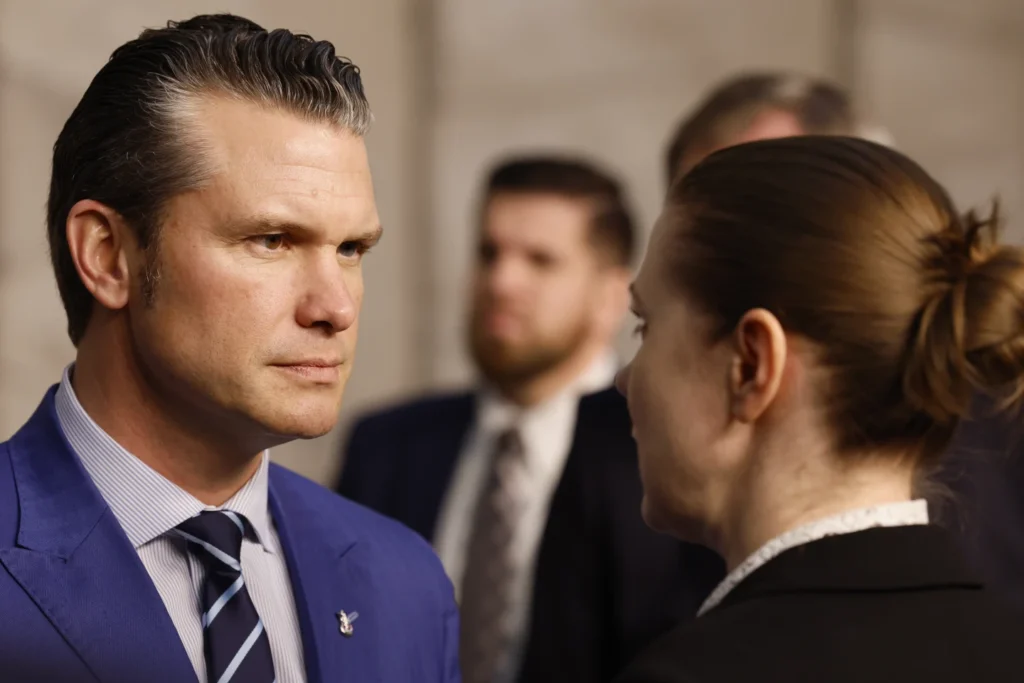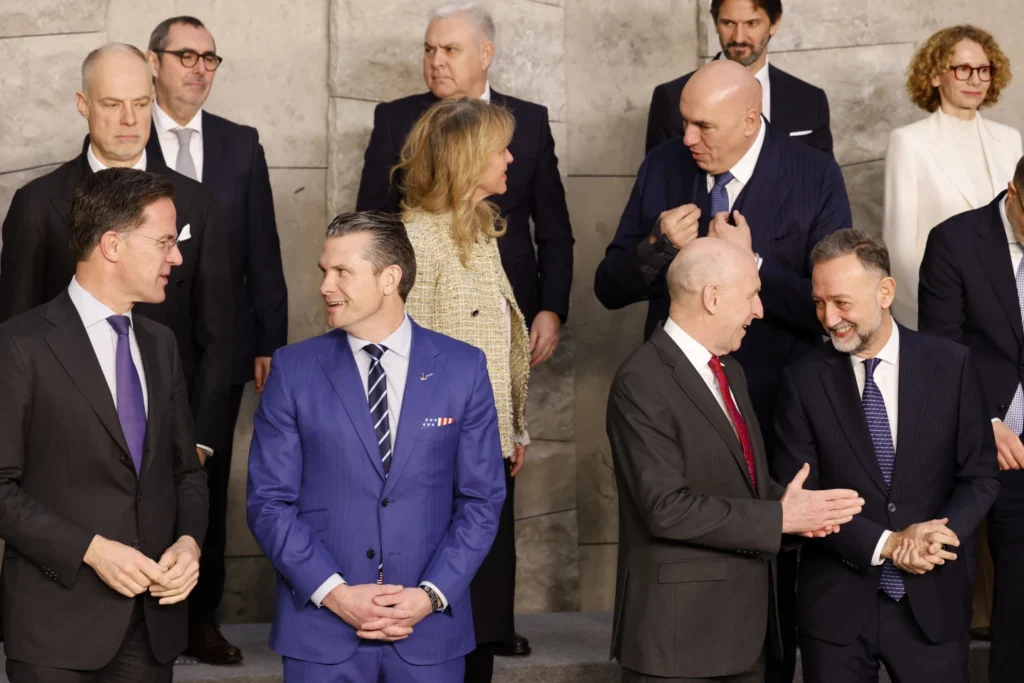NATO’s future was thrown into uncertainty this week after U.S. Defense Secretary Pete Hegseth announced a shift in Washington’s security priorities, raising concerns about the alliance’s commitment to European defense.

Addressing nearly 50 Western backers of Ukraine, Hegseth said the United States will no longer consider European security its primary focus. “The United States faces consequential threats to our homeland. We must—and we are—focusing on the security of our own borders,” he said.
Hegseth confirmed that Ukraine will not regain all of its territory from Russia and will not be allowed to join NATO, ruling out the collective security guarantee that could deter future Russian aggression.
He also stated that NATO will not deploy forces for post-war security in Ukraine. While European nations could form a peacekeeping force, they would have to fund and manage it independently. “No American troops would take part in such an operation,” he said.
Beyond Ukraine, Hegseth said NATO would not intervene if a European country participating in a Ukraine peacekeeping mission were attacked. His comments left uncertainty about any U.S. role in such a scenario.
French Defense Minister Sébastien Lecornu called the moment a serious test for NATO. “To say that it’s the biggest and most robust alliance in history is true, historically speaking. But the real question is whether that will still be the case in 10 or 15 years,” he said.
NATO, founded in 1949 to counter the Soviet Union, operates under Article 5 of its treaty, which states that an attack on one member is an attack on all. Hegseth’s remarks raised concerns about the U.S. commitment to that principle, which has been central to NATO’s credibility for 75 years.

While he stated that the U.S. has no plans to leave NATO, his comments signaled a shift in Washington’s approach. NATO has expanded to 32 countries, with Sweden joining in 2023 over concerns about Russian aggression. However, the alliance requires unanimous consent for decisions, and Hegseth’s statements effectively blocked Ukraine’s membership.
The United States remains NATO’s most powerful member, contributing the largest share of defense spending. Hegseth’s speech reinforced Washington’s control over the alliance’s direction.
NATO’s day-to-day operations are overseen by Secretary-General Mark Rutte, while military leadership is always held by a U.S. general, currently Army Gen. Christopher Cavoli. Despite these leadership roles, shifting U.S. priorities could impact NATO’s future operations.
Although NATO members have provided military aid to Ukraine, the alliance itself does not send weapons. Instead, it offers non-lethal support such as fuel, body armor, and medical supplies. In 2024, European NATO members provided 60% of Ukraine’s military aid.
NATO has also helped modernize Ukraine’s military strategy, shifting it from Soviet-era tactics. However, the alliance’s role remains limited, leading to misunderstandings about its direct involvement in the conflict.
Hegseth’s remarks marked a pivotal moment for NATO, exposing divisions within the alliance. With the U.S. shifting its focus elsewhere, NATO’s ability to maintain its strength and unity in the coming years remains uncertain.



